Zimmer Biomet’s James Cheng on how to leverage intersectionality as leadership strengths
In partnership with myGwork
By Pepi Sappal
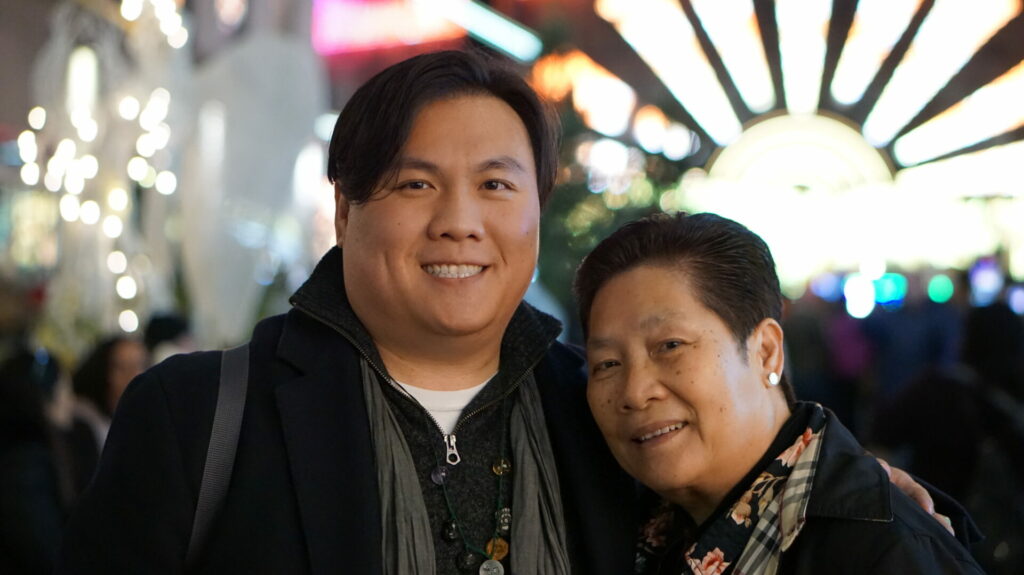
Zimmer Biomet’s James Cheng talks to myGwork’s Pepi Sappal about how he leverages intersectionality as leadership strengths.
James Cheng, the global senior director and head of diversity, equity, and inclusion (DE&I) at Zimmer Biomet, is the walking embodiment of a leader with multiple intersections – a gay, Asian American veteran and carer, from an immigrant, non-English speaking family with a socioeconomically challenged background, with an invisible disability.
In today’s business world, success is about making employees feel like they belong and valued. This is where James truly shines. His ability to foster an inclusive environment and value diverse intersections, is a rare skill, making him an invaluable leader for modern organisations striving for inclusivity and equity.
His passion for DE&I, wellness and equity has been the driving force in his career. “What defines individuals are their intersections. It’s crucial to honour and respect every facet, supporting them in being their best authentic selves. That’s the core of wellbeing,” emphasises James.
His background as a child of immigrant parents, bridging traditional Chinese culture with American expectations, shaped his understanding of cultural nuances. However, growing up in both a traditional Chinese culture and an American one, meant navigating between two different worlds, which was tough for him as a child.
“Juggling two diverse worlds wasn’t easy”
Like most children of Asian immigrants, James had to carefully navigate the traditions of his Chinese heritage with American expectations. “Juggling two diverse worlds wasn’t easy,” he recalls. “As someone from ‘generation 1.5’, the child of poor immigrant parents influenced by Chinese family culture and traditions, who worked in my family’s restaurant from the age of eight instead of hanging out with other school kids my age in the US, it meant that it wasn’t easy to always fit in,” shares James.
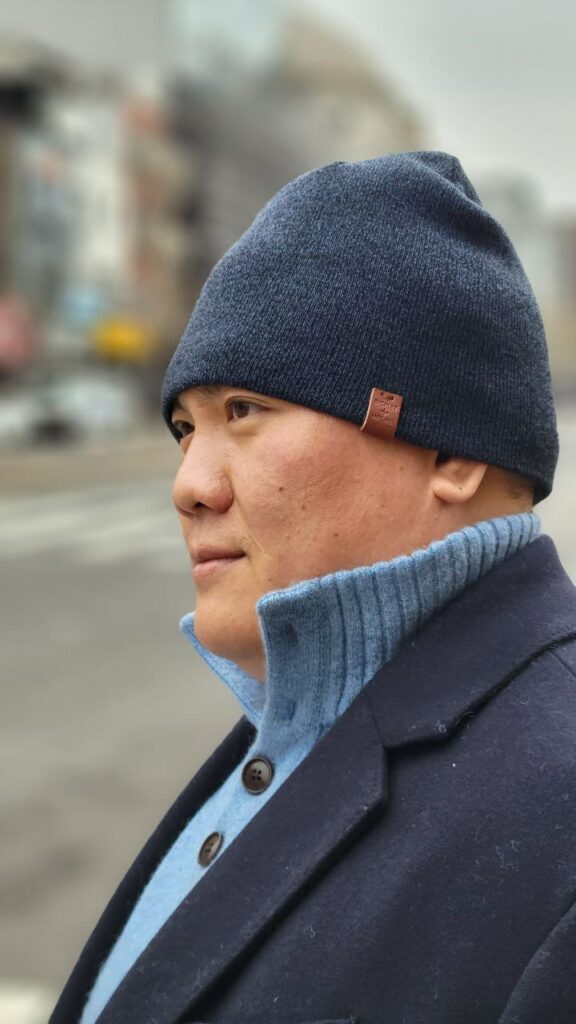
Coming out as gay in the conservative environment of the ’80s and ‘90s presented its own set of challenges. When James attempted to come out at 14, a comment from his father about a gay character in a film stopped him in his tracks: “I remember my father saying, ‘I will never have a gay son’. I could not face losing my family in the process, because they are very important to me and all I’d ever known. So, as the responsible, good son, I jumped back into the closet.”
“I was one of just a couple of kids of Asian descent in my school”
It was not just a matter of the Chinese culture and sense of responsibility, but the American one too, that forced him back into the closet. “I was living in a very white picket fence, religious community where I was one of just a couple of kids of Asian descent in my school. When you’re growing up in a culture where you’re already the minority, additional layers of intersectionality make it even more challenging to feel that you belong and can live authentically.”
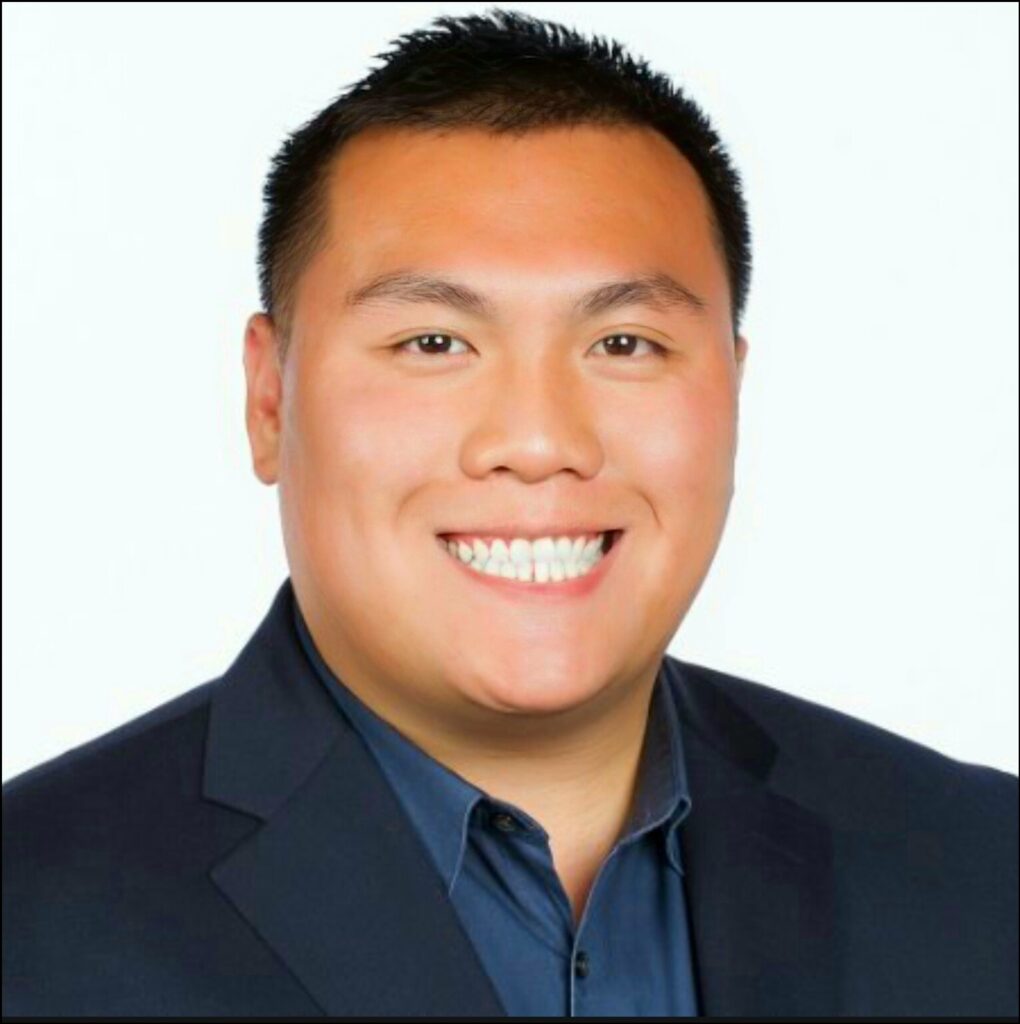
Not living authentically became painful for James during his teens, and he realised he was hurting himself emotionally and psychologically. So, at 16, he decided to come out to his immediate family just before going to college. This caused a rift between him and his parents for many years, as they found it difficult to accept that their only son was gay: “I left the family business, went off to college, and started working multiple jobs to sustain myself.”
Although he was very saddened about being estranged from his family, he was finally living his true and best authentic self: “It was tough, but I decided to be strong, accept who I was and live the best way I could, with hopes of building back my relationship with my family when we were ready,” which he did many years later.
“My family realised with time that I was not a different person just because I came out”
He reconciled with his family by staying true to his core values, life philosophy, and philanthropic efforts, such as volunteering as a mentor for homeless youth: “My family realised with time that I was not a different person just because I came out. They could see that my sense of duty and filial piety – which is the idea that parents, grandparents, and older people should be treated with honour and respect and be taken care of by their children in their old age – remained important to me. It’s a cultural nuance rooted in Confucianism and Chinese Buddhism embedded in our traditions, which most Westerners struggle to understand. Being gay didn’t change that.”
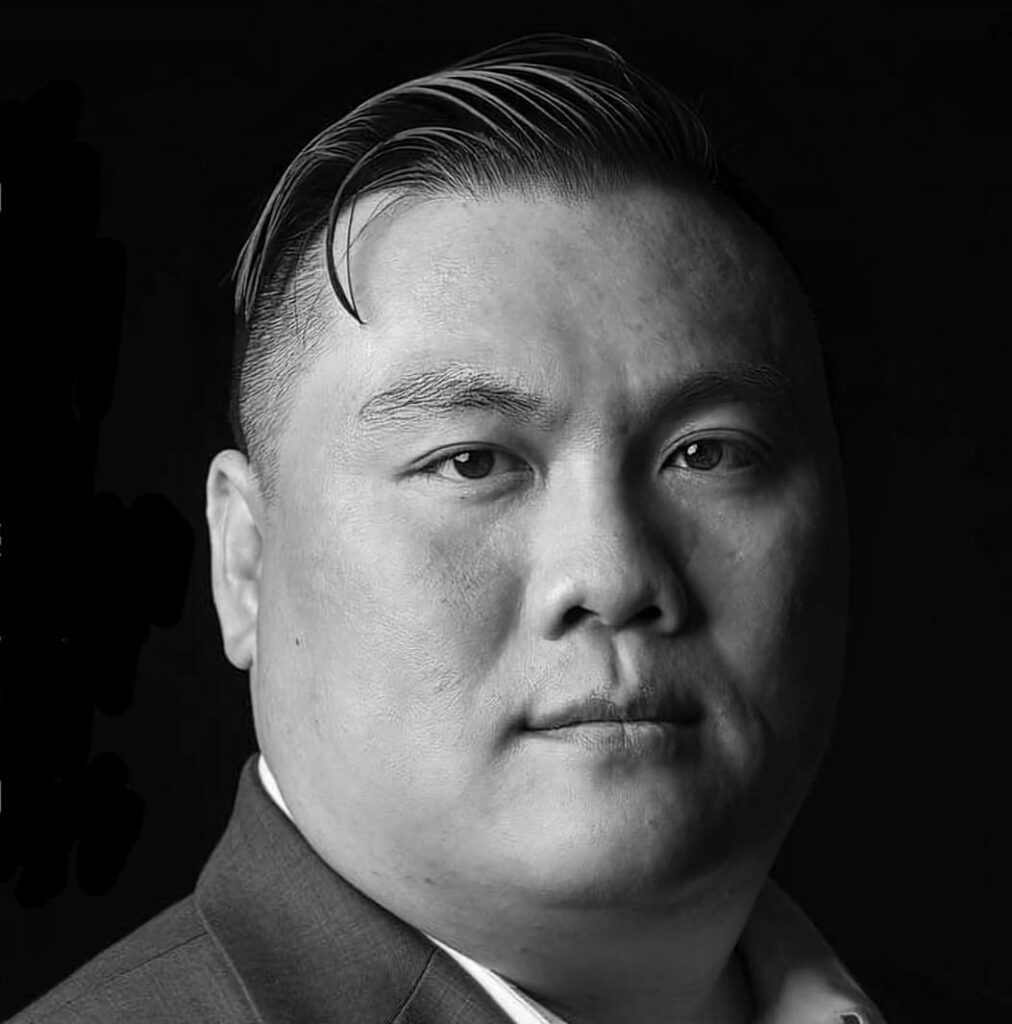
Today, James is also his mother’s carer, who fully accepts his long-standing partner as another son. James has also been respected as the head of the family since his father passed away. Of course, not all his family members or those in the Asian community are as accepting, so he chooses who he shares aspects of his identity with.
“At some points in my life, I have chosen not to disclose aspects of myself, but that does not mean I am not authentic to myself,” shares James. He also decided to return to the closet shortly after 9-11 because he wanted to serve and give back to his country by honouring those lost, during the military’s ‘Don’t Ask, Don’t Tell’ phase.
“Being a gay Asian American veteran with many intersections was not a choice”
But he has no regrets: “There are moments in time when we must make decisions and sacrifices for the greater good. It has not always been easy for me to integrate the many facets of my identity, but it has certainly become easier with time. It is my right to share with whom I want and when I want about my spectrum of identity. Being a gay Asian American veteran with many intersections was not a choice – it is just who I am.”
That said, when people are forced to hide or withhold information about themselves or minimise who they are, “it can negatively impact their mental, emotional and physical health,” points out James. “What makes people who they are, is the facets of their identity and intersectional experiences, and we should honour and support people to be their best authentic selves. That includes respecting and uplifting all their intersections. That’s how you drive wellbeing.”
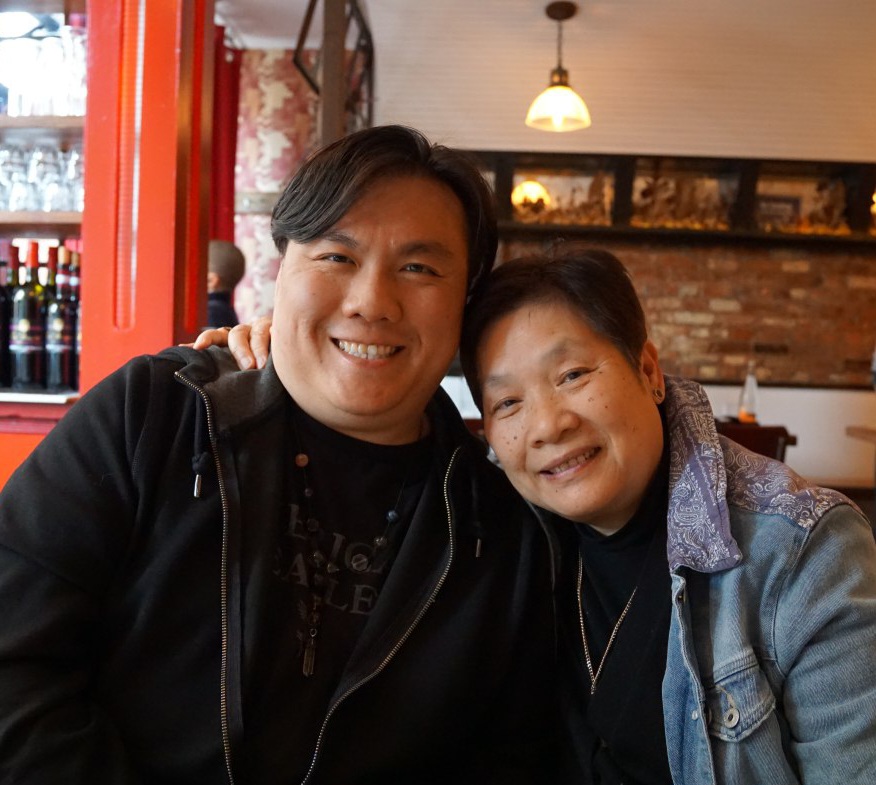
With lived experiences and an understanding of how multiple intersections impact diverse employees, leaders like James can use this knowledge to create inclusive workplaces. Having so much intersectionality helped James advance in DE&I by giving him the insights to carry out those roles incredibly well.
“By acknowledging and valuing all the diverse facets of each employee, leaders can foster a culture where everyone feels heard”
“I’m a living embodiment of how an Asian-American gay veteran, from a socioeconomically challenged background with an invisible disability can help leaders recognise that we’re not just one monolithic structure; we have multiple facets, and they are all linkable. This intersectionality should be valued,” concludes James. “By acknowledging and valuing all the diverse facets of each employee, leaders can foster a culture where everyone feels heard, respected, and empowered to thrive, and retain valuable talent, capable of innovating for future success.”
To learn more about how James achieves this click here.
Zimmer Biomet is a proud partner of myGwork, the LGBTQ+ business community.
